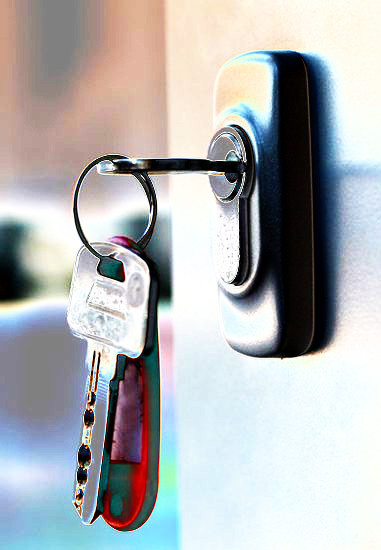Threshold memories tested
 For anyone who has walked into a room only to forget why they entered, researchers have some interesting new findings.
For anyone who has walked into a room only to forget why they entered, researchers have some interesting new findings.
New research investigates the so-called ‘doorway effect’, in which some people forget things when they pass through a doorway into another room. Bond University researchers say it is a real phenomenon, but the effect only occurs when the brain is working hard. They also say the effect is not as pronounced as previously thought.
The doorway effect came to prominence after a 2011 study by researchers at the University of Notre Dame.
They found that people who passed through doorways were prone to forgetting and theorised that crossing the threshold caused the brain to refresh because memories from the old room were less likely to be relevant in the new room.
However, a follow-up study by a team at Bond University provides a different perspective on the phenomenon.
Oliver Baumann, an Assistant Professor of Psychology at Bond University, said his team wanted to study what happened in the brain while the effect was in action – but to do that they first had to replicate the earlier tests.
The Bond researchers had participants wear virtual reality headsets and move through different rooms in a 3D virtual environment.
They had to memorise objects such as a blue cone and a yellow cross on tables in each room and then move from one table to the next.
Sometimes the next table was in the same room, and sometimes it was in another room entered through an automatic sliding door.
“At first we couldn't find the doorway effect at all so we thought maybe people were too good - they were remembering everything,” Dr Baumann said.
“So then we made it more difficult and got them to do backward counting tasks while moving around to load up their working memory.
“Forgetting did now occur, telling us that overloading the participants’ memory made them more susceptible to the effect of the doorway. In other words, the doorway effect only occurs if we are cognitively in a vulnerable state.”
But even then, the observed effect was considerably less than in previous studies.
“We believe this is because in our experiments the rooms were designed to be visually identical. There was no change of context happening when crossing a doorway, as was the case in the previous studies.”
Dr Baumann believes it is therefore not the doorway that triggers forgetting but transitioning to a different environment.
“A good example is moving around in a department store,” he said.
“Taking the elevator between retail levels may have no effect on our memory, but moving from retail to the carpark might cause us to forget something that we need to buy.”
This is because the brain compartmentalises memories from different environments and contexts, Dr Baumann said.
“If the brain thinks it is in a different context, then those memories belong in a different network of information,” he said.
“Overall that gives us greater capacity than if you have just one gigantic workspace where everything is connected.
“But there is a cost to that. By transitioning between compartments we can lose things.”
The Bond study also suggested it was possible for a person to ‘immunise’ themselves against forgetting.
“If we are single-minded in what we want to do, nothing will stop us remembering,” Dr Baumann said.
“But if we have multiple things going on, forgetfulness becomes noticeable.”








 Print
Print